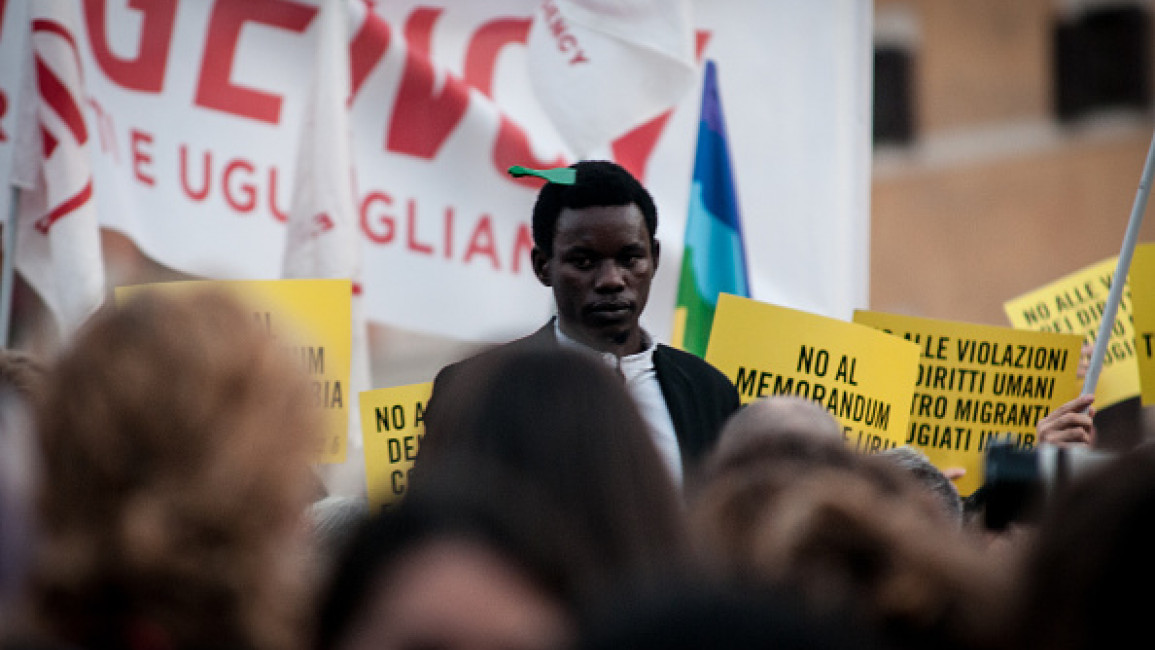EU looks to boost returns of migrants denied asylum
EU interior ministers on Thursday discussed how to return irregular migrants to their home countries more effectively - with some arguing for limiting visas to 'uncooperative' nations.
"Returning those who have been denied asylum in Europe is a really important issue," said Maria Malmer Stenergard, migration minister for Sweden, which hosted the meeting as current holder of the EU presidency.
European Commission statistics show that in 2021, out of 340,500 orders for migrants to be returned to their countries of origin, only 21 percent were carried out.
Many of those return orders were served to migrants from Yemen, Iraq, Afghanistan and parts of Africa struck by war and drought.
"We have a very low return rate," noted EU home affairs commissioner Ylva Johansson.
"We can do significant progress here to increase the numbers of returns and have it more effective and quicker," she said.
The EU has become embroiled in several scandals involving accusations of human rights abuses against its border agency Frontex - and is looking for a more palatable means of reducing overall numbers of migration to Europe.
The Swedish EU presidency believes cooperation could be improved with countries outside the EU whose citizens make up significant numbers of irregular migrants.
Malmer Stenergard said it was "crucial" that EU member states use the full weight of their governments -- including leveraging development aid -- to press third countries on the returns issue.
The EU funds various reintegration programmes in countries that readmit their citizens who have been denied asylum in Europe.
These are separate from deportations or forced returns based on a court or administrative order, which are often carried out under escort and typically do not include in-country assistance.
The EU has had a mechanism in place since 2020 to use visa issuance as a lever against countries that refuse to take back their nationals or decline to issue them with the necessary travel papers.
But so far that measure has only been applied to Gambia, for whose citizens getting a Schengen visa is more difficult and costly.
The commission in 2021 proposed the mechanism be extended to Bangladesh and Iraq, but that has not happened.
Johansson said after a November visit to Bangladesh that the threat of the visa sanction has prompted Dhaka to become more "politically open" to accepting irregular migrants back from Europe.
EU leaders in December 2021 called for "all relevant tools" to be used to push migrant-originating countries to cooperate on readmissions, including access to development aid, trade and visas.



